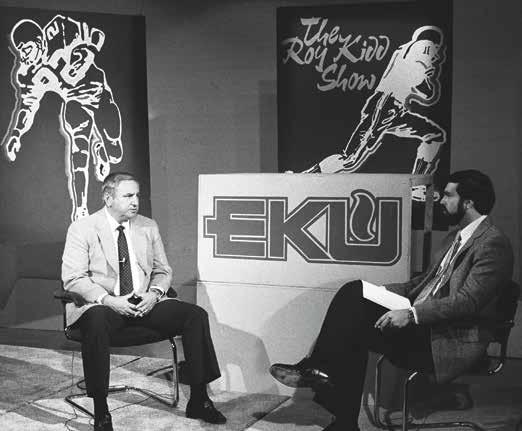
4 minute read
thE glory Years
By Steve McClain
The Colonels’ dominance started in 1979 with a I-AA National Championship, followed by back-to-back national runners-up finishes and another national championship in 1982. And while EKU has not won a national title since, the Colonels continued to be a national power for years afterward.
For players, sports reporters and students during those seasons, it was a magical time, and a lot of the credit has to go to Coach Roy Kidd.
“EKU was nationally relevant, and with all due respect, Kentucky was not,” said Dick Gabriel, a long-time Lexington TV and radio sports journalist. “I would remember doing my radio show at WVLK, and Kentucky fans would complain, and I would say, ‘I get it.’ I would tell them if you really want to watch competitive football, go 25 miles down the road and go watch Eastern Kentucky University. It was great college football. I don’t care what level it was.”
In fact, Gabriel helped increase exposure for the Colonel program by hosting the first Roy Kidd Show.
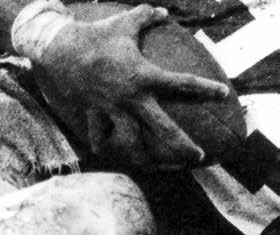
“There was a lot of interest in EKU football, and there were sponsors willing to back it. I think a lot of the credit goes to the Worn Cleat Club, who thought Roy Kidd deserved more support in the fanbase.
“I enjoyed putting it together. It meant spending more time in Richmond and doing a feature every week. Roy was appreciative and good to have on set. Roy gave us access, and we were able to do feature stories like the history of ‘Cabin on the Hill’ (sung after every Colonel win by the players).”
Student reporters at the Eastern Progress reveled in the same access major media outlets enjoyed in covering the Colonels.
“It was a great time to be at the student newspaper because you had this flagship program that was nationally prominent,” said Mike Marsee, former sports editor at the Progress in the mid-1980s. “There was an excitement level on campus, and football games were a must-see event. The level of football and expectations for the program were at such a high level at that time. Even though they didn’t win championships after ’82, they won conference championships and were in the playoffs for such a long stretch of games.
“The big games like a rivalry game against Western or a big conference game against Middle Tennessee, you could see what that meant to Coach Kidd.”
So, what was the secret to Kidd’s success during those years?
“Roy knew what he wanted to do, and he was able to get the kids that he needed to do it with,” Gabriel said. “He recruited a lot of linemen from Kentucky and got skill kids from Florida and South Georgia thanks to a pipeline from there with former players and coaches.
“Roy loved to run what now is called the RPO (run-pass option), and he had good running backs. You had Elroy Harris and James Crawford, or it could be Markus Thomas or Tim Lester. You could feel the crowd rise to their feet every time a running back got to the edge because fans realized something incredible was about to happen.”
Players and assistant coaches alike credited Kidd’s attention to structure and detail as important to the Colonels’ success during that time period. Also, Kidd’s coaching staff had worked together for several years.
Players And Assistant Coaches
“It was a combination of getting the right players and getting them to believe in Coach Kidd’s program,” said Teddy Taylor, who played and coached under Kidd. “He had the running backs, defense and secondary, and it all just came together. Guys just started believing in the program. Next thing you know, we are on TV and going to play for national championships. He had good players and good coaches that had been together a long time. We all liked each other.”
Jim Tanara, another assistant coach who came to EKU via Bear Bryant’s Alabama staff, said Kidd developed players.
“We were able to recruit really good players. And the thing he does better than a lot of coaches is he developed players. He wanted two types of players and looked for two things ––can he run and can he hit. If he runs and hits, we will make a player out of him. We never turned down speed. From there, he developed them and made a player of them. He also would move them around or just lead them to get better and better.
“The thing about Coach is he knew how to win. He knew what it took to win. And not a lot of coaches know that. They think they know but don’t really know what it takes. Joe Blankenship, bless his soul, he described him well –– he just has the ‘it’ factor. He brought the team and the players together who came from all over … Florida, Tennessee, Georgia, Ohio.”
Alvin Miller, who played for Kidd from 1977 to 1980 and was MVP in the 1979 Championship game, said Kidd embodied qualities that appealed to him as a young man.
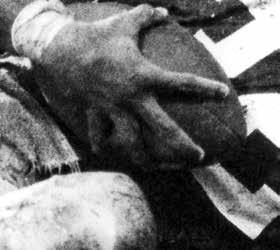
“He was very structured and wanted it done his way, and if you didn’t, you better have a good reason why you didn’t. He was tough, but he was very compassionate.”
Miller said the game that stands out to him is the 1979 title tilt, a 30-7 win over Lehigh.
“We knew we were smaller than a lot of schools but well trained by Coach Ison and Coach Hart. Nobody was faster or quicker than we were. Nobody had the determination we had.
“I wear the championship ring and wear it everywhere I go. I’m a bishop, and most bishops get a bishop ring, but I wear my national championship ring.”
TUCK WOOLUM, WHO PLAYED QUARTERBACK ON THE 1982 NATIONAL CHAMPIONSHIP TEAM THAT WENT 13-0, SAID KIDD INSTILLED A BELIEF THEY WOULD WIN.
Tuck Woolum, who played quarterback on the 1982 National Championship team that went 13-0, said Kidd instilled a belief they would win.
“Coach Kidd had the knack of finding someone who may be a little smaller or slower and develop them. Our weight program with Jack Ison was better than anyone around,” Woolum said.
“He just made us all believe. We weren’t the most talented team, especially in 1982, but we believed we were the best team ever.”
That belief was needed in several games during 1982, including a dramatic 21-20 home win over Murray State when Woolum found Steve Bird in the end zone in the final minute –– a victory still talked about today.
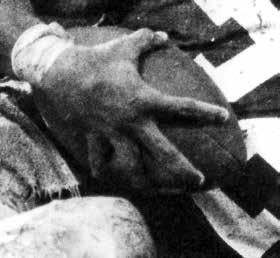
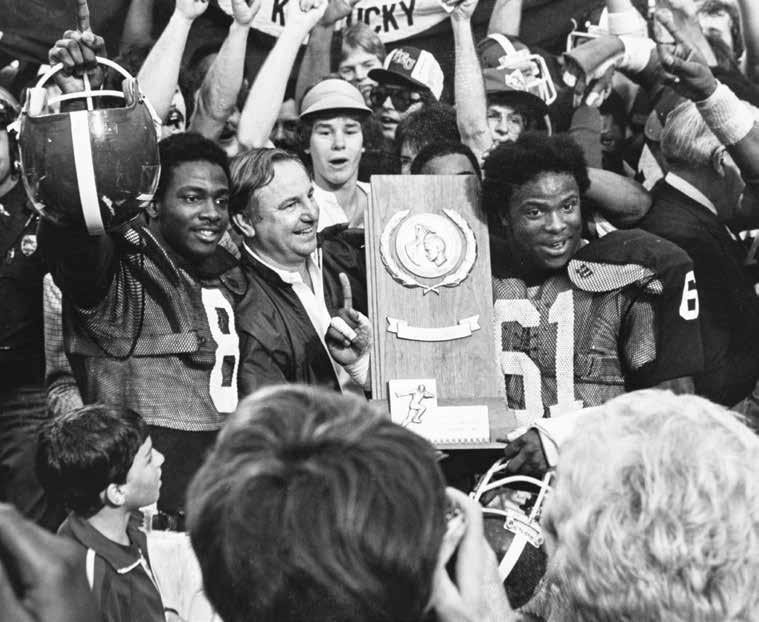
Such moments and games sealed the legendary status of those years.
“It was college football the fans would hope it could be, maybe not win every game, but a shot at winning every game because they played so well,” Gabriel said. “That’s all you can ask for.”
by Marla Ridenour










